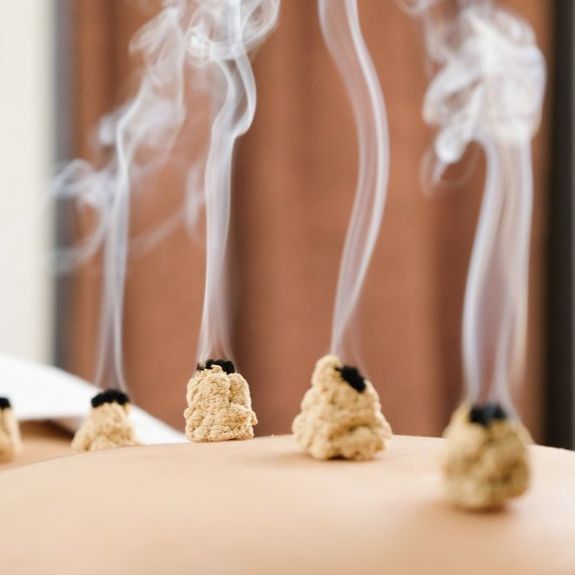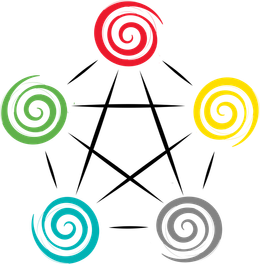What is acupuncture?
Acupuncture is an ancient system of healing that originated in China over 2000 years ago with the power to correct the underlying cause of illness and promote physical, mental and spiritual wellbeing.
Acupuncture does this by working with the body's natural flow of energy, qi, which circulates within and around the body, and can be accessed using ultra-fine, sterile needles through specific points on the body's energy meridians.
Chinese medicine believes that when the flow of qi is disrupted or blocked, pain and illness can occur. It is understood that Mind, Body and Spirit are all interconnected and so symptoms are seen as the manifestation of a pattern imbalance in the system. The root cause will be different for every individual and so no set point treatment will be the same. By addressing these imbalances acupuncture is believed to reinstate the natural, healthy flow of qi, allowing the body to function optimally and improve overall health and wellness.
Each treatment is tailored to address your unique health concerns, helping you thrive both physically, emotionally and spiritually. Discover how our holistic approach can revitalise your life, alleviate pain, and enhance your vitality.
What can acupuncture treat?
Acupuncture is considered a safe and effective form of therapy for a wide range of health conditions. Studies have shown that acupuncture can help with conditions such as chronic pain, headaches, depression, anxiety, allergic rhinitis, back pain, menstrual issues, infertility, neck pain and much more.
Acupuncture is effective in treating both physical and emotional complaints as well as improving general wellbeing. Each treatment is designed just for you, treating your body as a whole and addressing the root cause of your illness, rather than just providing temporary relief of your symptoms. As a result, patients often experience improvements in many areas of their health and wellbeing, such as improved energy, sleep or motivation, in addition to their main issue.
For more information on how acupuncture could help you, please visit the British Acupuncture Council’s website to view evidence-based factsheets on some of the conditions that acupuncture can help with.
https://acupuncture.org.uk/about-acupuncture/acupuncture-research/evidence-a-z/
The site Evidence Based Acupuncture is also a great source of scientific evidence for acupuncture.
https://www.evidencebasedacupuncture.org/
I also offer these adjunctive therapies




The 5 Elements






Hear What Our Clients Are Saying About their experience of 5 Element Acupuncture
“Thank you so much for changing my life. At last I feel happy and at peace after losing my darling Peter.”
“I really feel heard and not judged at all - a rare thing. You really do change lives!”
Unlock Your Body’s Healing Potential: Discover the Benefits of 5 Element Acupuncture in Sheffield




Get in touch
If you would like a free telephone consultation to see if 5 element acupuncture would be suitable for you, please contact me on the number below. If I am unable to pick up, leave a message and I will get back to you as soon as possible.
Please fill out the form below with as much detail as possible




